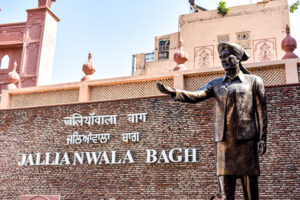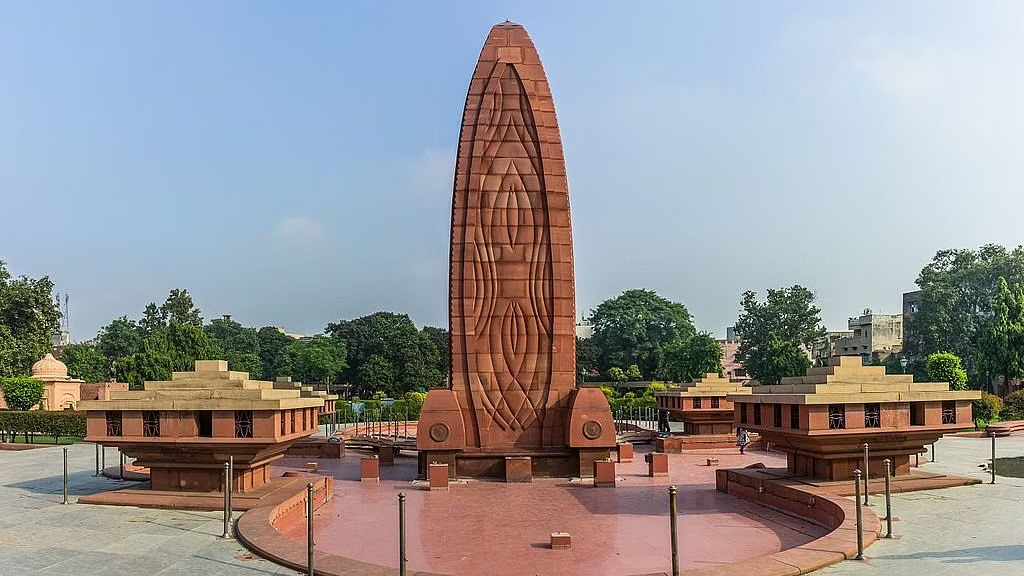Certain dates in Indian history are indelible. Such as 26 January, 15 August, and 13 April.
13 April 1919 was a black day for India as several innocent Indians were killed brutally at the hands of British military officer General Dayer.
Despite the fact that 105 years have passed since this incident, our hearts still ache when we think about it.

What was this incident?
The Rowlatt Act, drafted by the British government in 1919 to stifle the national movement that was rising in India, marked the beginning of this genocide. Approximately one month before the Jallianwala Bagh tragedy, on March 8, the British government passed this Act.
Protests against this Act began in Punjab and spread throughout India. A group of demonstrators came to voice their concerns at Jallianwala Bagh in Amritsar. Men, women, and children were all present for this nonviolent demonstration against the Rowlatt Act, which was taking place in a public garden. Next, under General Reginald Dyer’s command, the soldiers advanced inside Jallianwala Bagh and shut the lone exit gate.
Dyer then ordered the soldiers to open indiscriminately on the unarmed people there. This bombardment reportedly continued until the soldiers ran out of ammunition. How many people were martyred in this incident is not yet known. But between 400 and 1,000 people are believed to have died and more than 1,200 were injured.
After effects of this incident
After the Jallianwala Bagh massacre, outrage spread across India and protests against British rule began. Mahatma Gandhi, who supported the British Raj in World War, called for non-cooperation with the colonial government.
This massacre also faced criticism worldwide. Under pressure, Indian foreign minister Edwin Montagu set up the Hunter Commission in 1991 to investigate. Dyer was demoted after the commission’s report arrived. He became a colonel and was also sent back to Britain. The House of Commons passed a motion of no confidence in Dyer, but the House of Lords praised him for the murder. Later, under pressure, the British government passed a motion condemning it. Later, Dyer had to resign in 1920.





